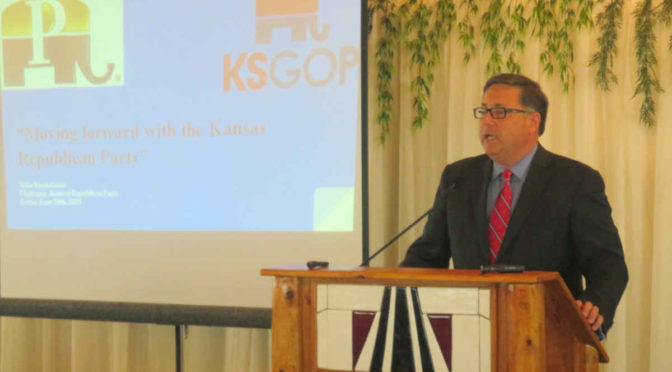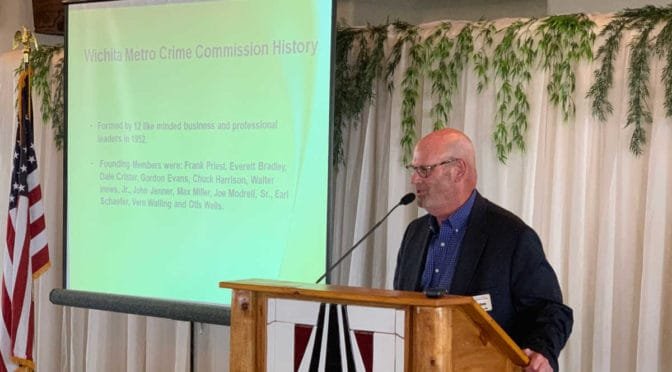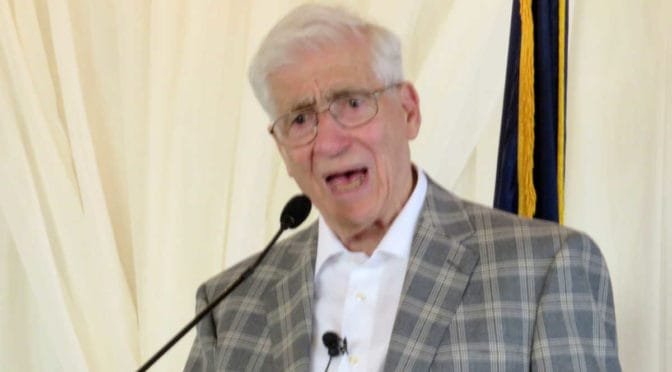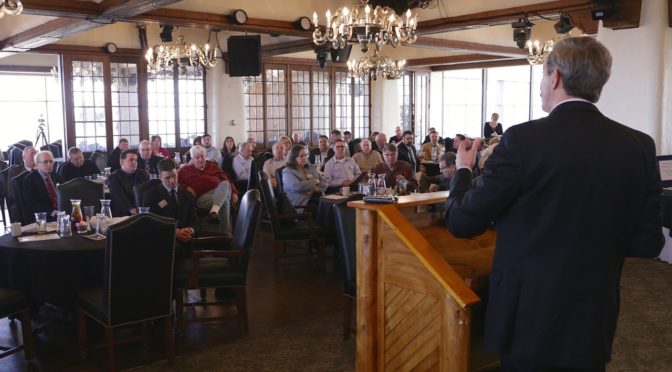Category: Politics
-

Kansas Republicans buck longtime conservative voices
In deciding to forego a presidential caucus or primary, Kansas Republicans act contrary to mainstream conservative thought.
-

Kansas Republicans should have their say
Kansas Republicans should insist on having a voice in choosing the next Republican presidential nominee.
-

From Pachyderm: David Kensinger
From the Wichita Pachyderm Club: David Kensinger, President of Kensinger and Associates. His topic was “The Early Returns of the 2020 Presidential Election.”
-

From Pachyderm: Mike Kuckelman, Kansas GOP Chair
From the Wichita Pachyderm Club: Mike Kuckelman, who is chair of the Kansas Republican Party. This audio presentation was recorded on June 28, 2019.
-

From Pachyderm: Todd Johnson, Wichita Crime Commission
From the Wichita Pachyderm Club this week: Todd Johnson, president of the Wichita Metro Crime Commission. This audio presentation was recorded on June 21, 2019.
-

Trump’s Bush League Challenge
If President Trump is going to exceed his presidential standing over his predecessors, he has to overcome his Bush league challenge, writes Karl Peterjohn.
-

Year in Review: 2018
Here are highlights from Voice for Liberty for 2018. Was it a good year for the principles of individual liberty, limited government, economic freedom, and free markets in Wichita and Kansas?
-

Merry Christmas!
Merry Christmas from my home to yours.
-

Kansas Week on KPTS: Election Results
I appeared on a panel discussing the results of the November 2018 elections. The host of this show is Pilar Pedraza. The other panelist was Russell Fox. View below, or click here to view at YouTube. #KansasWeek
-

From Pachyderm: Professor Mel Kahn on 2018 Election Results
From the Wichita Pachyderm Club: Wichita State University Political Science Professor Mel Kahn on 2018 Election Results. This informative and entertaining presentation was recorded on November 9, 2018.
-

Political civility in our age of thuggery
From Karl Peterjohn, an account of why the Wichita Pachyderm Club is a valuable civic institution.
-

Ranked-choice voting in Kansas
A look at ranked-choice voting and how it might have worked in the Kansas Republican gubernatorial primary election in August 2018.